Article Topics
 Many families are discovering the benefits of using medical cannabis to treat childhood illnesses including cancer, epilepsy, developmental disabilities, ADHD, and muscular dystrophy, among others. But while most cannabis-legal states allow minors to use medical cannabis, few provide explicit protections for use in schools. School districts set policies on the local level, and many don’t allow marijuana possession—no medical exceptions.
Many families are discovering the benefits of using medical cannabis to treat childhood illnesses including cancer, epilepsy, developmental disabilities, ADHD, and muscular dystrophy, among others. But while most cannabis-legal states allow minors to use medical cannabis, few provide explicit protections for use in schools. School districts set policies on the local level, and many don’t allow marijuana possession—no medical exceptions.
Homeschooling is one option, but many parents don’t have the time or desire to homeschool their kids. So what can you do if you’re a parent of a pediatric cannabis patient (or if you’re considering starting your child on medical cannabis) and want to send your child to public school? We’ve come up with this guide to figuring out your state laws, school-district policies, and next steps to take if medical cannabis use is prohibited.
If you have questions that aren’t answered here, set up a consultation with us, and we’ll address your specific situation.
Which States Allow Minors to Use Medical Cannabis?
Of all 23 states (plus DC) that permit medical cannabis use for adults, only Delaware
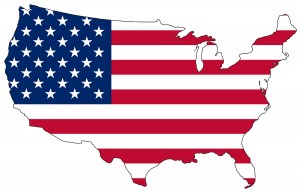 doesn’t allow it for children under any circumstance. Rules vary, but generally a parent becomes the designated caregiver and administers the medication. Some states require a release form, some require recommendations from at least one doctor, while others require recommendations from two different doctors.
doesn’t allow it for children under any circumstance. Rules vary, but generally a parent becomes the designated caregiver and administers the medication. Some states require a release form, some require recommendations from at least one doctor, while others require recommendations from two different doctors.
The following states allow minors under 18 to use medical cannabis:
- Alaska
- Arizona
- California
- Colorado
- Connecticut
- DC
- Hawaii
- Maine
- Maryland
- Massachusetts
- Michigan
- Minnesota
- Montana
- Nevada
- New Hampshire
- New Jersey
- New Mexico
- New York
- Oregon
- Rhode Island
- Vermont
- Washington
 Thirteen other states don’t allow medical cannabis use in general, but do make an exception for children with epilepsy. (Illinois allows adult use for numerous ailments, but use by minors only for epilepsy.)
Thirteen other states don’t allow medical cannabis use in general, but do make an exception for children with epilepsy. (Illinois allows adult use for numerous ailments, but use by minors only for epilepsy.)
The following states allow minors to use CBD oil to treat childhood epilepsy:
- Alabama
- Florida
- Georgia
- Illinois
- Iowa
- Kentucky
- Mississippi
- Missouri
- North Carolina
- Oklahoma
- South Carolina
- Tennessee
- Texas
- Utah
- Virginia
- Wisconsin
Check your specific state laws here.
Can Children Use Medical Cannabis at School?
 Schools allow children to use all kinds of psychotropic medications—from Ritalin to opioid painkillers—when prescribed by a physician. But they tend to take a much harder stance on cannabis, even in the case of non-psychoactive oils. Even if state law allows minors to use medical cannabis, local school districts can prohibit its use on campus and suspend or expel students for possession or showing a positive result on a random drug test.
Schools allow children to use all kinds of psychotropic medications—from Ritalin to opioid painkillers—when prescribed by a physician. But they tend to take a much harder stance on cannabis, even in the case of non-psychoactive oils. Even if state law allows minors to use medical cannabis, local school districts can prohibit its use on campus and suspend or expel students for possession or showing a positive result on a random drug test.
According to the CDC’s most recent School Health Policies and Practices Study (SHPPS), 29.6 percent of school districts that contain middle or high schools nationwide have adopted a drug-testing policy. In 65.1 percent of these districts, the tests are performed when a student is suspected to be using drugs at school, and another 59.1 percent are performed randomly among members of specific groups of students (athletes, extracurricular activity participants, etc.).
The ruling in the landmark 2002 Supreme Court case Board of Education v. Earls upheld the right of schools to randomly drug-test students, and the number of districts that perform random tests is growing, despite studies showing that the policy is ineffective.
The American Academy of Pediatrics has come out against such drug testing, noting, “Adolescents should not be drug tested without their knowledge and consent. Recent US Supreme Court decisions and market forces have resulted in recommendations for drug testing of adolescents at school and products for parents to use to test adolescents at home. The American Academy of Pediatrics has strong reservations about testing adolescents at school or at home and believes that more research is needed on both safety and efficacy before school-based testing programs are implemented.”
“Adolescents should not be drug tested without their knowledge and consent. Recent US Supreme Court decisions and market forces have resulted in recommendations for drug testing of adolescents at school and products for parents to use to test adolescents at home. The American Academy of Pediatrics has strong reservations about testing adolescents at school or at home and believes that more research is needed on both safety and efficacy before school-based testing programs are implemented.”
What Are the Drug Policies at My Child’s School?
Drug policies vary widely from district to district. If your child uses medical marijuana and needs to administer it throughout the day, you should familiarize yourself with the school’s policies. Contact your local school district and ask:
- Does the district allow medical cannabis use with a doctor’s recommendation?
- What are the district’s policies on possession and use of cannabis?
- What are the district’s policies on for-cause and random drug testing?

If your district has anti-medical cannabis policies, don’t give up. You can fight for change! The ACLU has a helpful list of ideas for changing policies including speaking at school board meetings, enlisting sympathetic educators, and speaking with the media. Many school districts adopted blanket policies long before medical cannabis was legalized, and the rules haven’t been updated simply because no one pushed for change. You could be the one to change your local district for the better!
What Have Other Parents Done to Fight Back?
The fight for medical cannabis rights is a difficult one, but we are frequently amazed by the strength and determination shown by patients and their loved ones. You may not be eager to take on your local school district, but sharing your child’s story can be the key to changing minds and hearts.
Take the story of Jack Splitt, a disabled 14-year-old in Wheatridge, Colorado, who has spastic quadriplegic cerebral palsy and dystonia. His personal nurse administered a non-psychoactive high-CBD patch to help with his spasms, and the school administrators ripped it off his arm and told them never to return with it again.
spastic quadriplegic cerebral palsy and dystonia. His personal nurse administered a non-psychoactive high-CBD patch to help with his spasms, and the school administrators ripped it off his arm and told them never to return with it again.
When the story came out, Colorado legislators quickly wrote and passed “Jack’s Amendment,” which allows children to use high-CBD medicine in schools.
“Jack’s Amendment will assure that children don’t have to choose between going to school and taking their medicine,” says Representative Jonathan Singer, the bill’s sponsor.
A number of parents in Maine pushed for the passage of a bill to allow medical cannabis use in schools. Melissa Burnham told the Education and Cultural Affairs Committee the story of her son, Noah, who had to be pulled from school and tutored at home because cannabis is the only medicine that helps his epilepsy. Susan Meehan testified that she reluctantly home-schooled her 12-year-old daughter, Cyndimae, because the only way to stop her Dravet syndrome seizures is to administer cannabis oil.
On the education committee’s recommendation, the Maine legislature created a bill allowing smokeless cannabis use on school grounds by qualifying patients. When the governor vetoed the bill, the legislature overrode his veto by a single vote.
These brave families show that fighting for your child’s right to use medical cannabis can work. It won’t be easy, and it won’t be instant, but you can do it—and we can help.
How Do I Get My Child’s Story Out There?
![]() Do you live in a state that allows medical cannabis use by minors? Does your local school district prohibit medical cannabis use? If yes, you’re in the perfect position to affect policy. You can and should speak up at school board meetings, write to your state legislators, and get other influencers on your side. But the best way to affect change is to draw attention to the issue by harnessing the power of social media and other online channels to get the attention of the media.
Do you live in a state that allows medical cannabis use by minors? Does your local school district prohibit medical cannabis use? If yes, you’re in the perfect position to affect policy. You can and should speak up at school board meetings, write to your state legislators, and get other influencers on your side. But the best way to affect change is to draw attention to the issue by harnessing the power of social media and other online channels to get the attention of the media.
If you’re ready to share the story of your child’s need to use medical cannabis at school, sharing it with us will help spread the word. Contact us to share your story. This will be a fight, but you’re not in it alone.

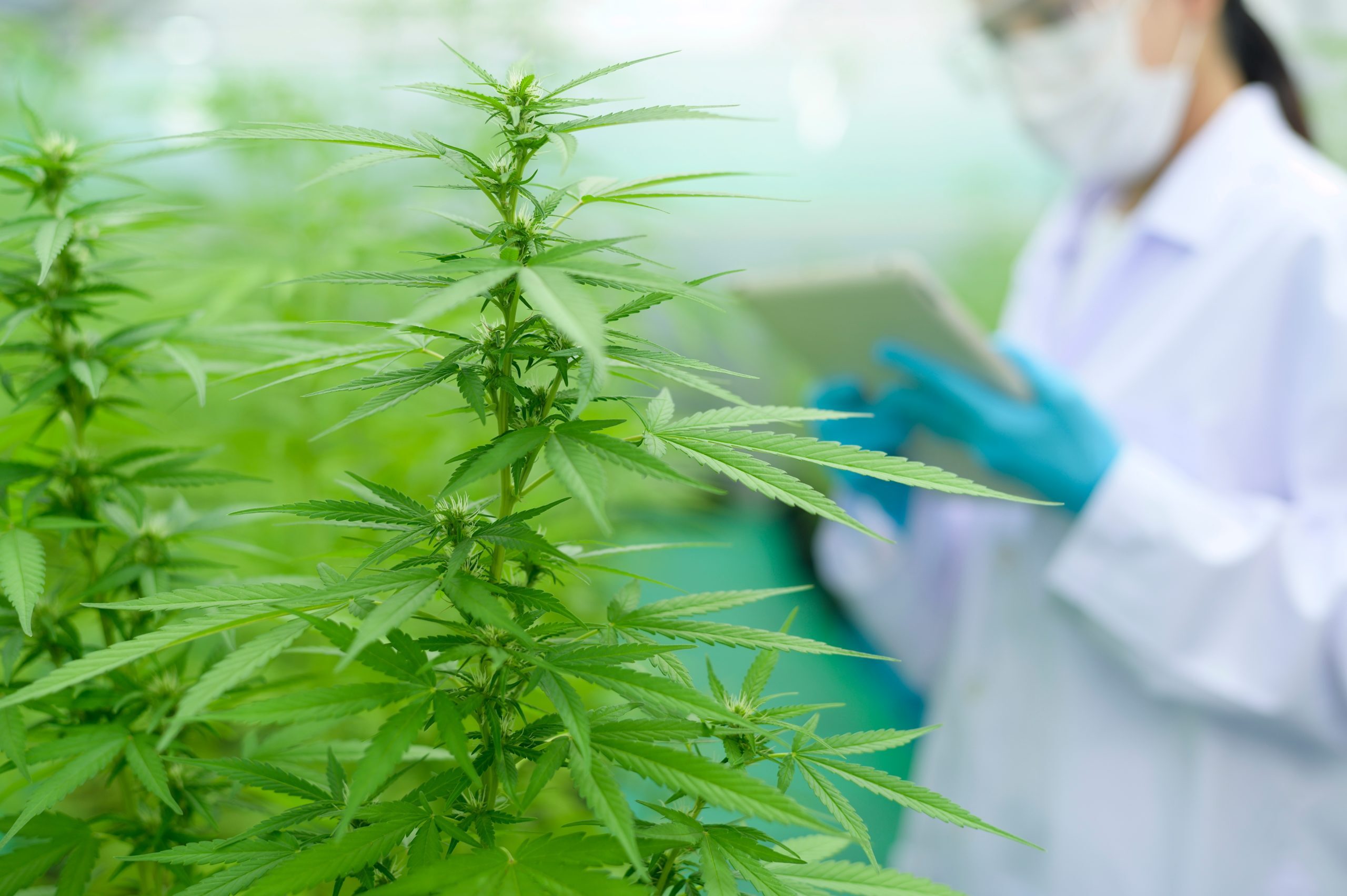

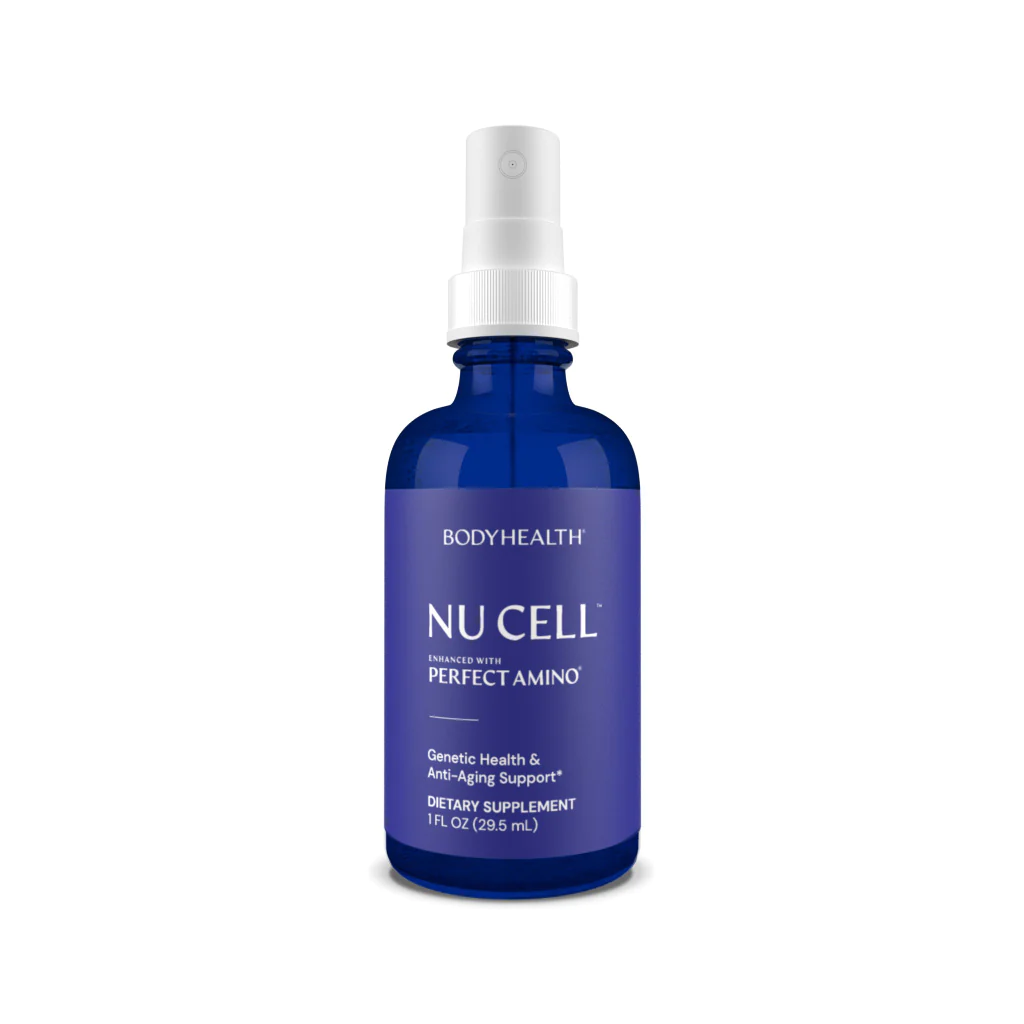



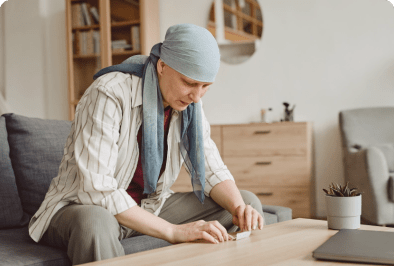
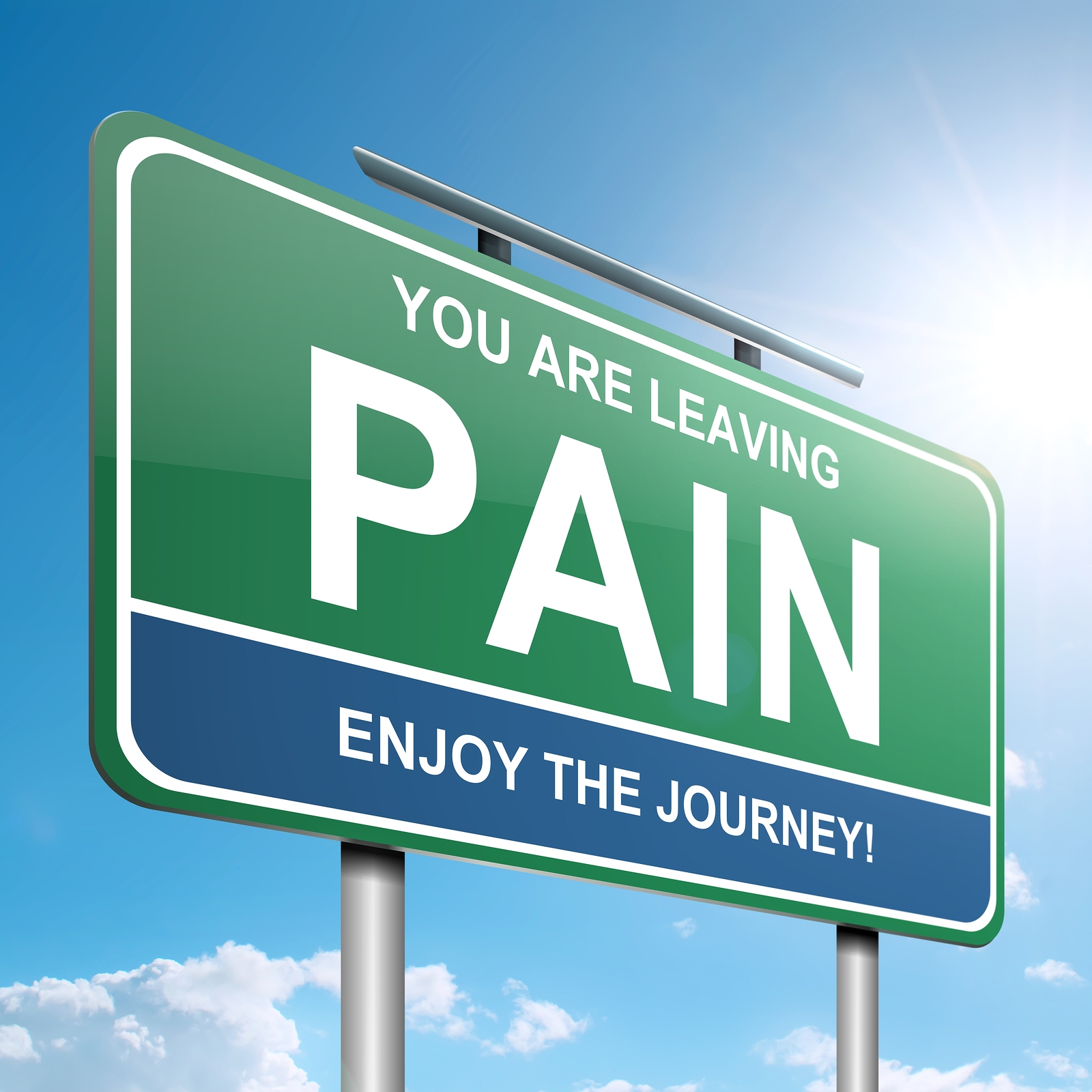
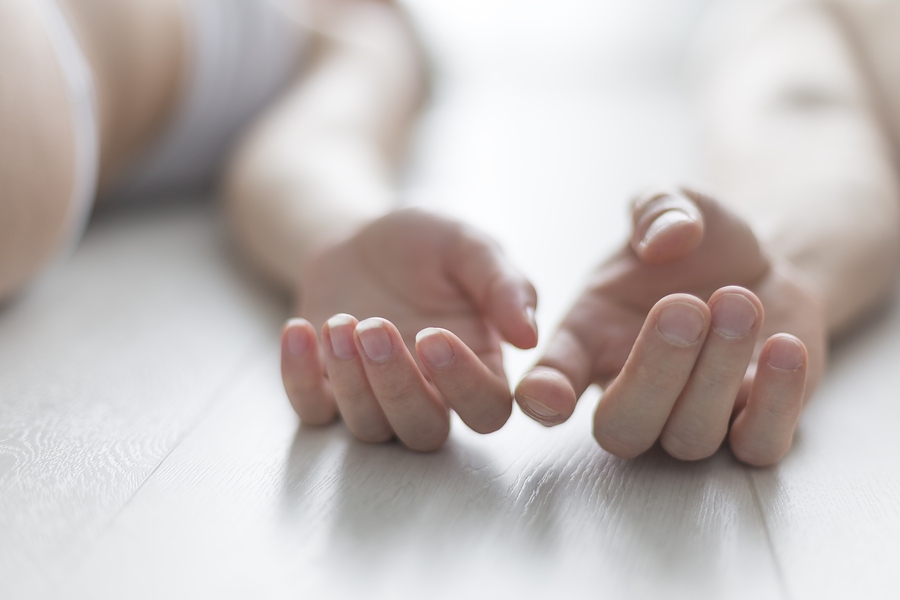
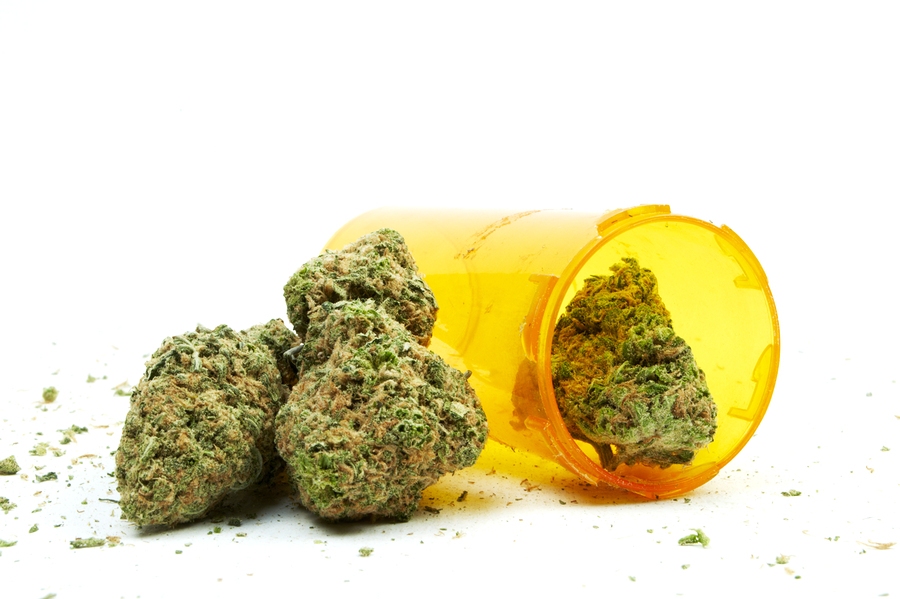
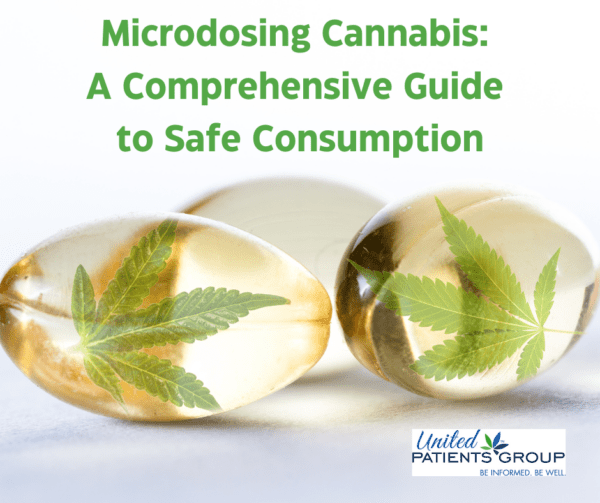

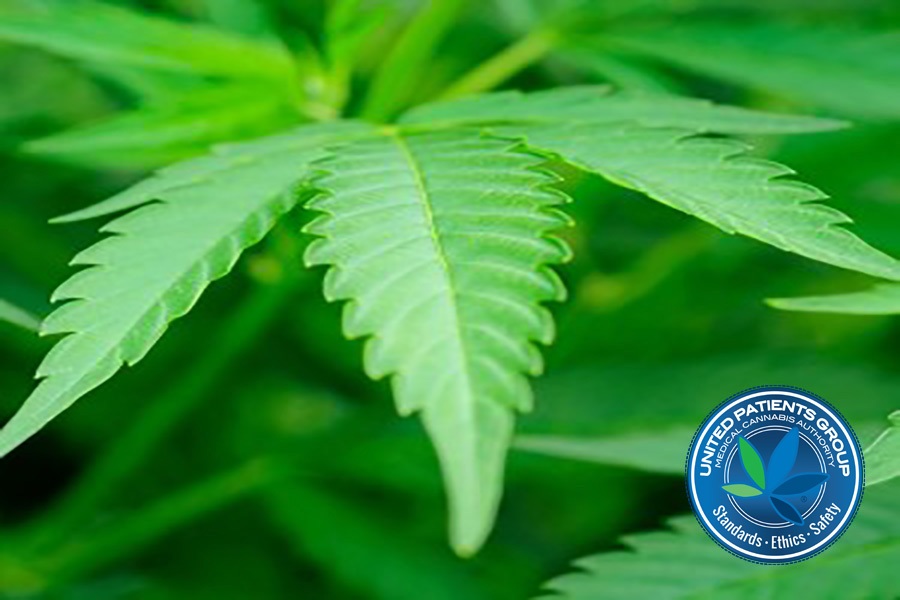
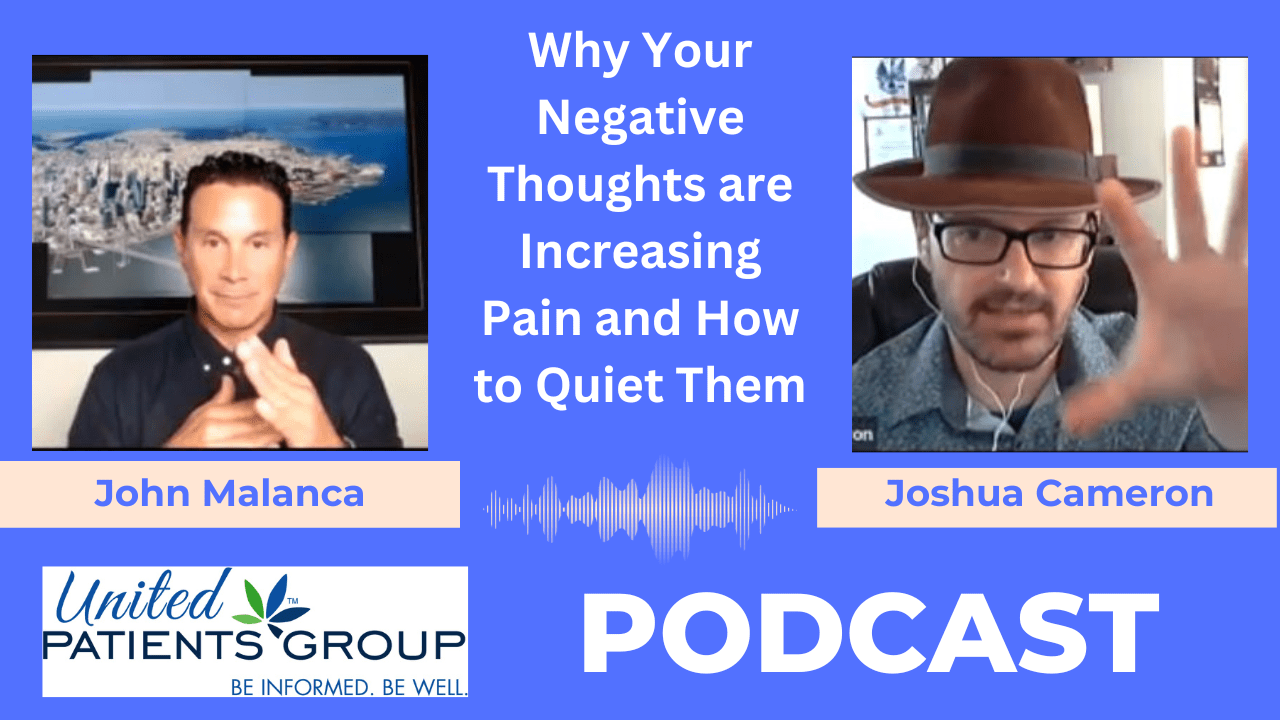

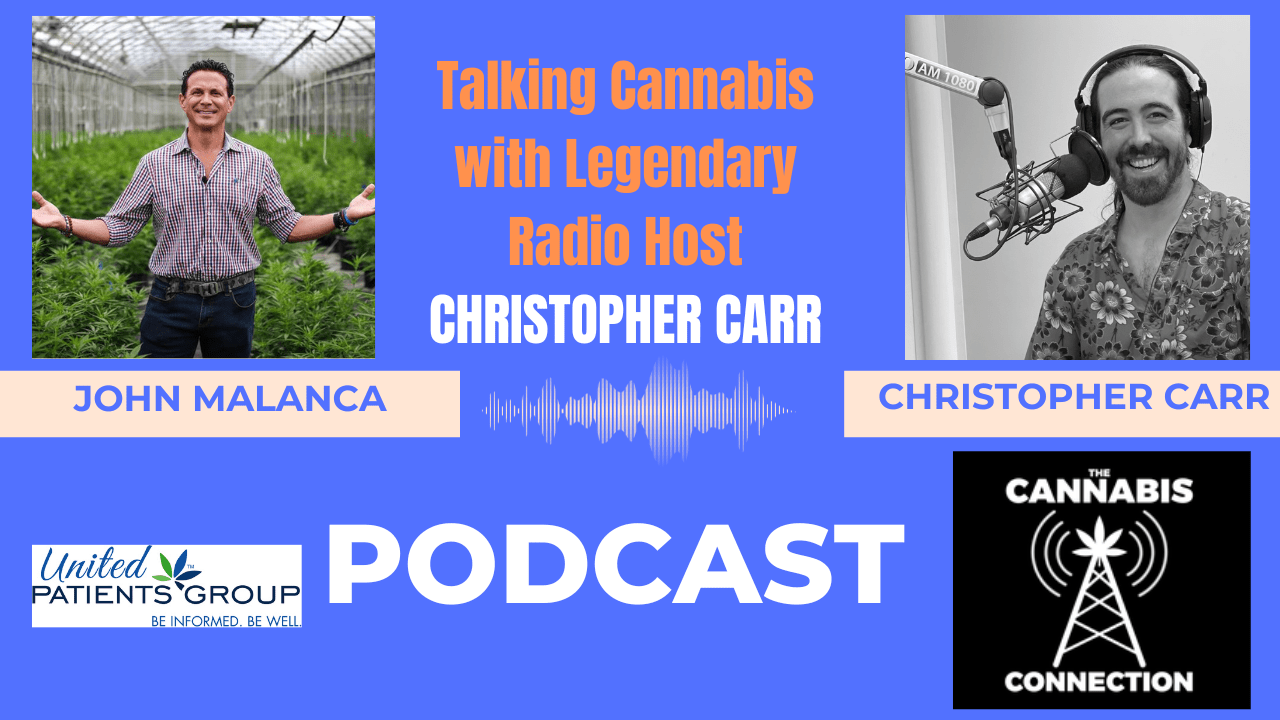
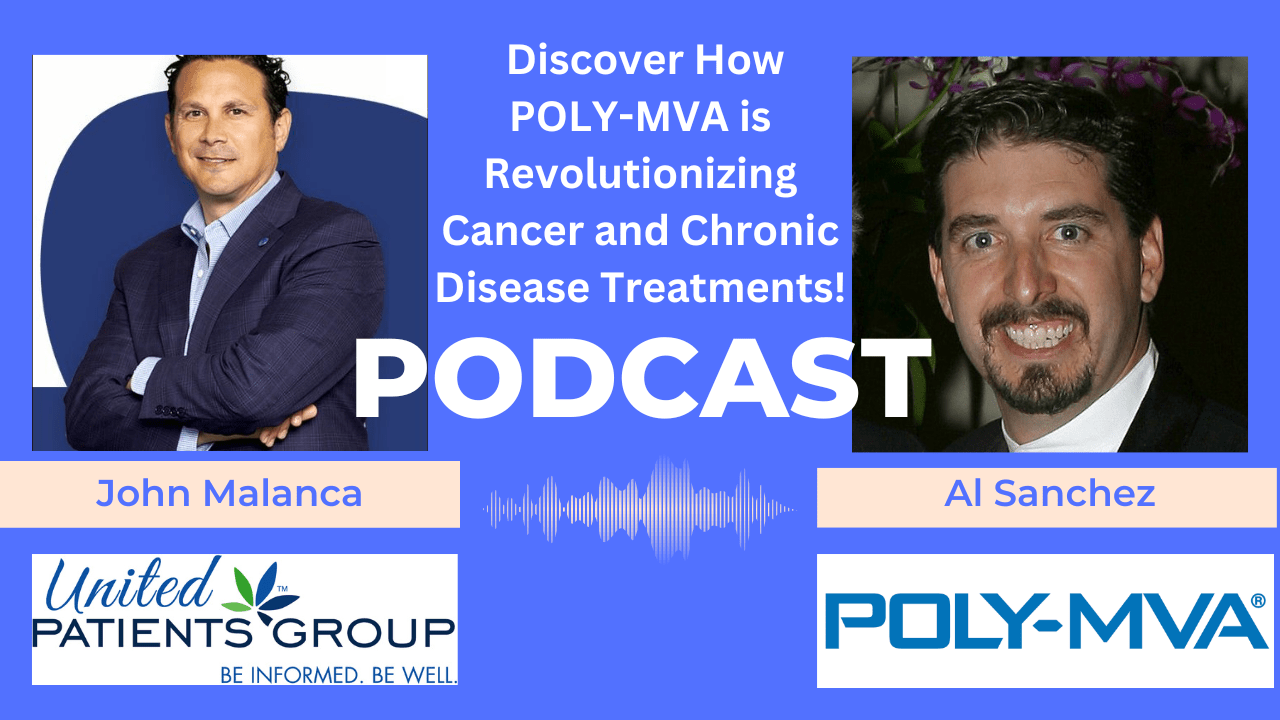




















Helpful info. Lucky me I discovered your site unintentionally, and I’m stunned why this accident didn’t happened in advance!
I bookmarked it.